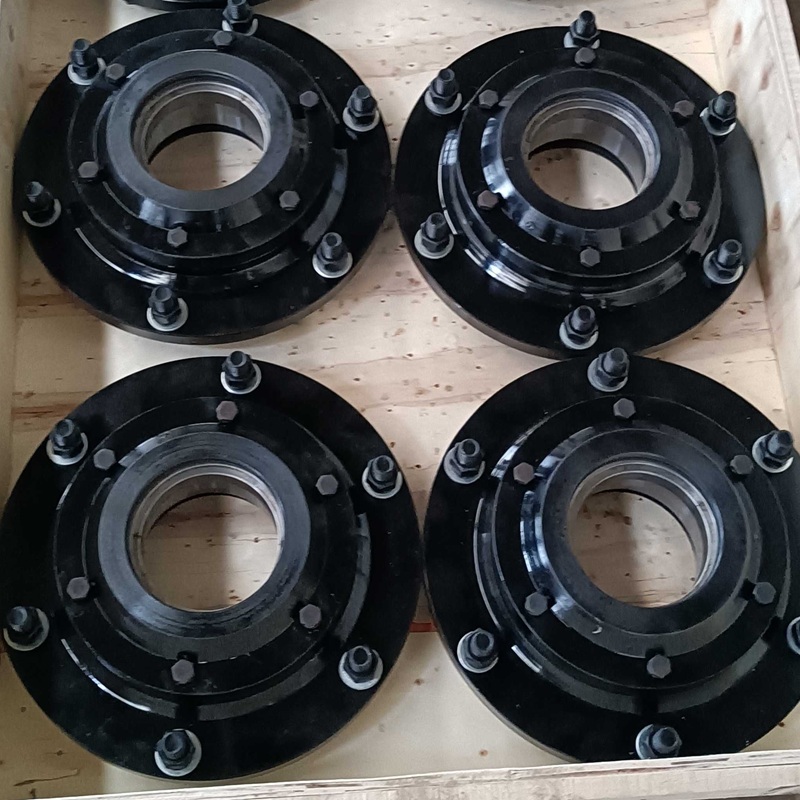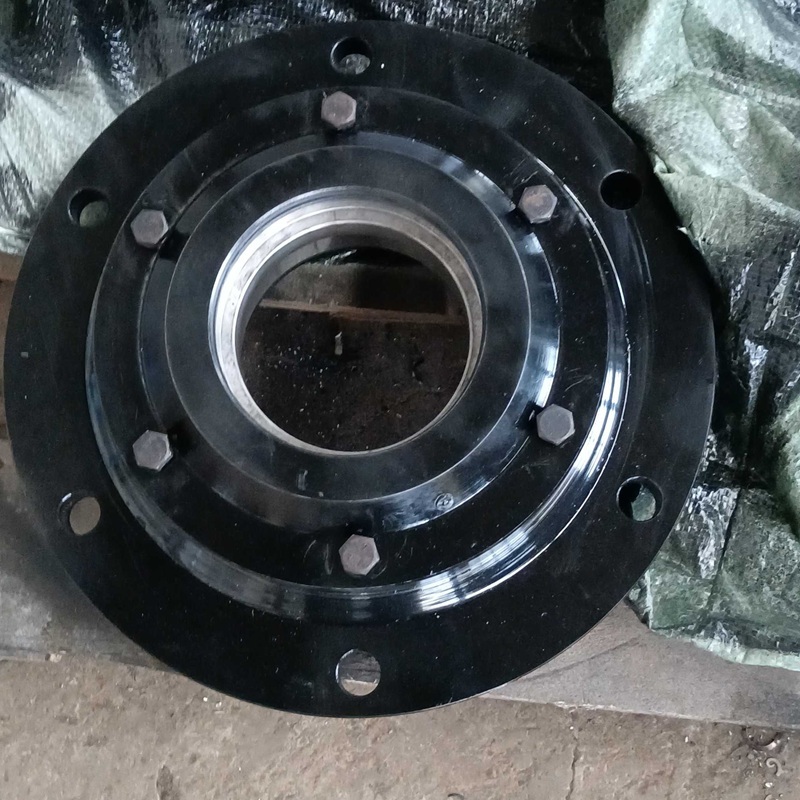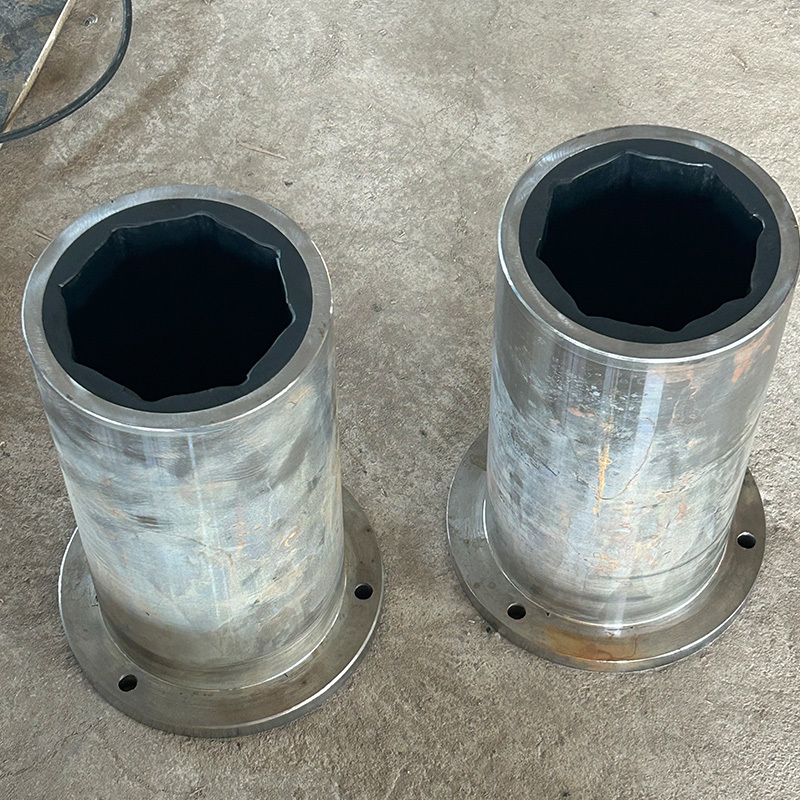Unlocking the Benefits of Water-Lubricated Bearings in Industrial Applications
Release Time:
Apr 30,2025
Water-lubricated bearings represent an innovative solution for industries seeking reliable, environmentally friendly, and cost-effective bearing options. These bearings utilize water as a lubricant, which offers multiple advantages over conventional oil or grease lubricants. When considering the integration of water-lubricated bearings into your industrial applications, it’s essential to understan
Water-lubricated bearings represent an innovative solution for industries seeking reliable, environmentally friendly, and cost-effective bearing options. These bearings utilize water as a lubricant, which offers multiple advantages over conventional oil or grease lubricants. When considering the integration of water-lubricated bearings into your industrial applications, it’s essential to understand their distinct characteristics and benefits, particularly in environments where conventional lubricants may pose challenges.
One of the primary benefits of water-lubricated bearings is their environmental impact. As industries increasingly prioritize sustainability, the use of water as a lubricant aligns with eco-friendly practices. Water is abundant, non-toxic, and biodegradable, making it an ideal choice in applications where leakage or spillage could lead to environmental hazards. This feature is particularly beneficial in industries such as wastewater treatment, marine applications, and food processing, where regulatory compliance regarding environmental safety is crucial.
In addition to environmental benefits, water-lubricated bearings can also enhance operational efficiency. These bearings are designed to operate effectively at lower temperatures, reducing the risk of overheating. This thermal stability is critical in applications where excessive heat can lead to equipment failure. Moreover, the natural viscosity of water allows for effective heat dissipation, further protecting components and extending their lifespan.
Another significant advantage is the reduced maintenance requirements associated with water-lubricated bearings. Traditional lubricated systems often require regular monitoring, lubrication replacement, and cleaning, which can contribute to downtime and increased operational costs. In contrast, water-lubricated bearings typically require less frequent maintenance, as water is readily available and more forgiving compared to oil-based lubricants. This reduction in maintenance not only saves time and money but also enhances the overall reliability of the equipment.
When considering the suitability of water-lubricated bearings for specific applications, it's essential to evaluate the operating conditions, including load capacity, speed, and environmental factors. While these bearings perform exceptionally well in specific scenarios, they may not be suitable for all applications, particularly those requiring high-speed or heavy-load capabilities. Therefore, conducting a thorough analysis of your specific needs will help determine if water-lubricated bearings are the right choice.
In conclusion, water-lubricated bearings offer a compelling alternative for various industrial applications. Their environmental benefits, operational efficiency, and reduced maintenance requirements make them an attractive option for industries aiming to enhance sustainability while maintaining high performance. As you explore the potential of integrating water-lubricated bearings into your operations, consider the specific demands of your application to ensure optimal performance and longevity.
One of the primary benefits of water-lubricated bearings is their environmental impact. As industries increasingly prioritize sustainability, the use of water as a lubricant aligns with eco-friendly practices. Water is abundant, non-toxic, and biodegradable, making it an ideal choice in applications where leakage or spillage could lead to environmental hazards. This feature is particularly beneficial in industries such as wastewater treatment, marine applications, and food processing, where regulatory compliance regarding environmental safety is crucial.
In addition to environmental benefits, water-lubricated bearings can also enhance operational efficiency. These bearings are designed to operate effectively at lower temperatures, reducing the risk of overheating. This thermal stability is critical in applications where excessive heat can lead to equipment failure. Moreover, the natural viscosity of water allows for effective heat dissipation, further protecting components and extending their lifespan.
Another significant advantage is the reduced maintenance requirements associated with water-lubricated bearings. Traditional lubricated systems often require regular monitoring, lubrication replacement, and cleaning, which can contribute to downtime and increased operational costs. In contrast, water-lubricated bearings typically require less frequent maintenance, as water is readily available and more forgiving compared to oil-based lubricants. This reduction in maintenance not only saves time and money but also enhances the overall reliability of the equipment.
When considering the suitability of water-lubricated bearings for specific applications, it's essential to evaluate the operating conditions, including load capacity, speed, and environmental factors. While these bearings perform exceptionally well in specific scenarios, they may not be suitable for all applications, particularly those requiring high-speed or heavy-load capabilities. Therefore, conducting a thorough analysis of your specific needs will help determine if water-lubricated bearings are the right choice.
In conclusion, water-lubricated bearings offer a compelling alternative for various industrial applications. Their environmental benefits, operational efficiency, and reduced maintenance requirements make them an attractive option for industries aiming to enhance sustainability while maintaining high performance. As you explore the potential of integrating water-lubricated bearings into your operations, consider the specific demands of your application to ensure optimal performance and longevity.
Keywords:
More information




